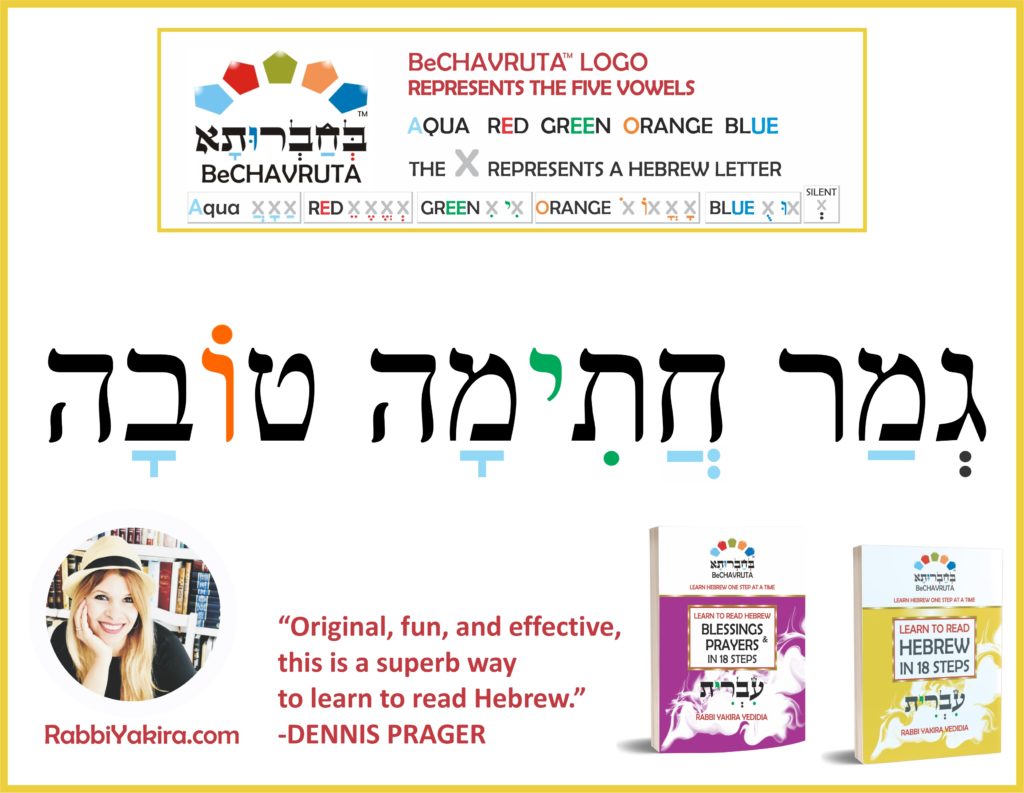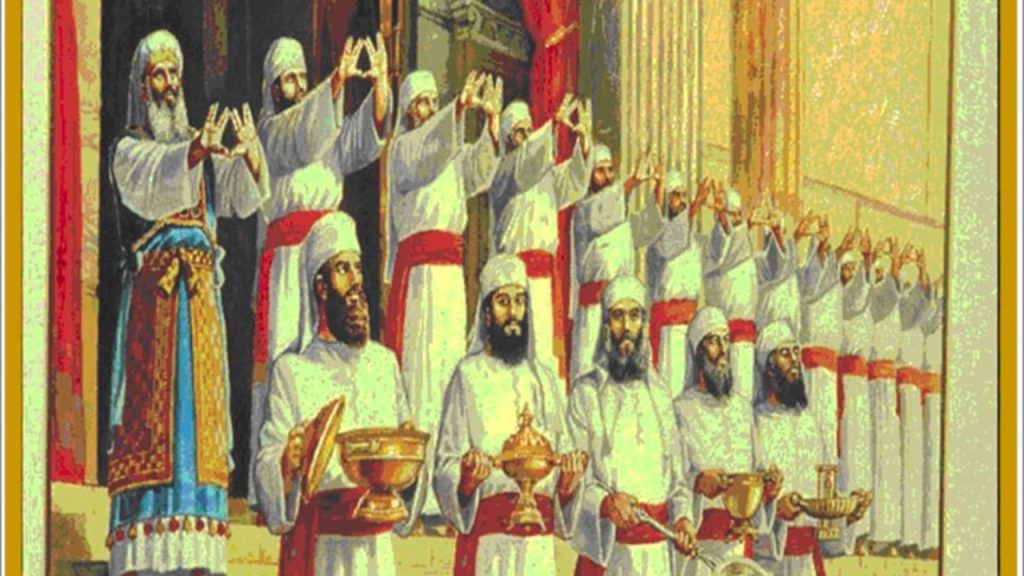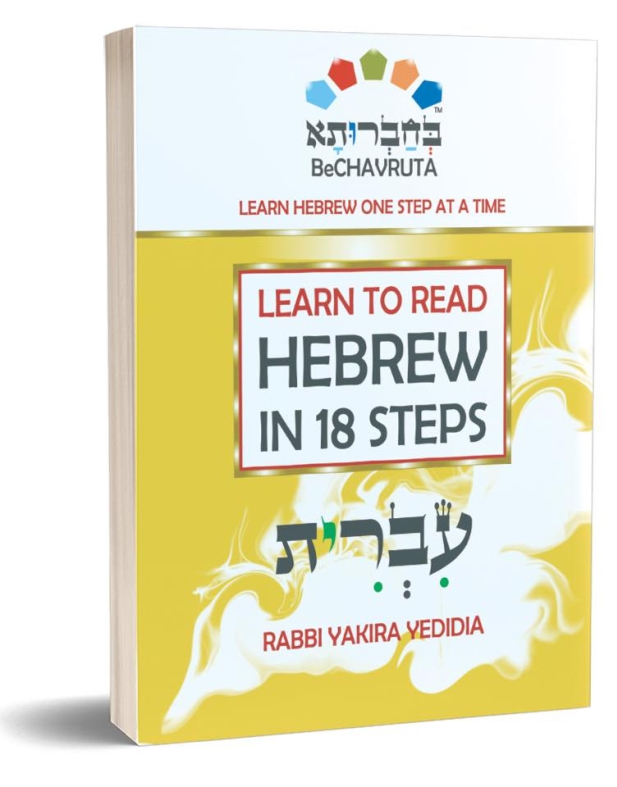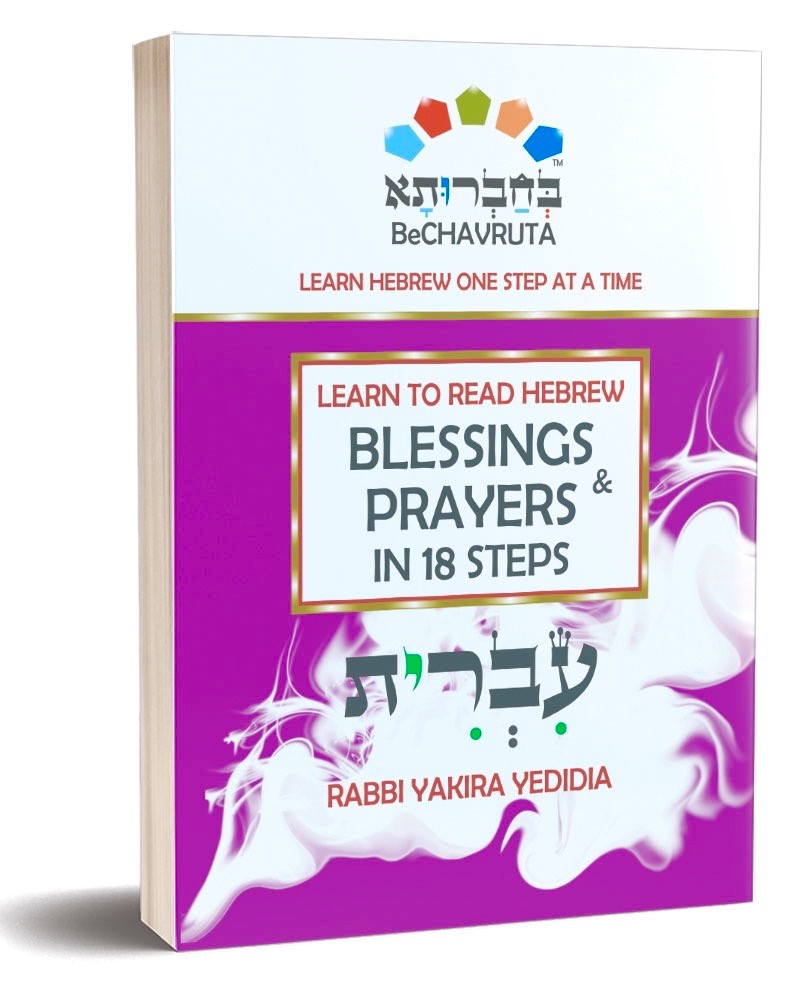Haazinu
In parashat Haazinu, “listen” (plural), Mosheh sings his last song, on the last day of his earthly life.
The song of Deuteronomy 32:1–43, reflecting the poetic structure of the text, appears in a two-column format in the Torah scrolls.
Mosheh is calling heaven and earth as witnesses as he delivers Haazinu, a seventy-line poem, expressing his love to God, and recounts the blessings that God has bestowed on the Israelites, the wicked deeds they have committed, and the punishments that God then inflicted upon them. (32:7–43), promising that in the end, G‑d will reconcile with His people and land.
The Parashah concludes with God’s instruction to Mosheh to ascend the summit of Mount Nevo, from which he will see the Promised Land before dying on the mountain. “For you shall see the land opposite you; but you shall not go there, into the land which I give to the children of Israel.”
Speak from your heart
The Chapter’s number for Haazinu is 32 – in Gematria, a system of assigning numerical value to a word or phrase, the letter Lamed numerical value is 30, and the numerical value of the letter bet is 2. The letters Lamed and Bet are forming the word Lev, meaning heart in Hebrew. Mosheh is speaking from his heart, promising, that in the end G‑d will reconcile with His people and land.
A wise old owl lived in an oak,
The more he saw the less he spoke
The less he spoke the more he heard.
Why can’t we all be like that wise old bird? – unknown author
The Art of listening
In the first few years of life, we’re all taught to speak. True, speaking is an important developmental milestone, a sign that a child is developing normally. What about listening? According to Bernard Ferrari, the author of Power Listening, good listening is the key to developing fresh insights and ideas that fuel success. By recognizing, and practicing the following three kinds of behavior, one can begin improving their own listening skills: 1. Being respectful 2. Talk less than you listen- Ferrari developed his own variation of the 80/20 rule, which is that his conversation partner should be speaking 80 percent of the time, while he should speak only 20 percent of the time. 3. Challenge assumptions.
Some people naturally are better listeners than others. However everyone can become a better listener, simply by practicing and mastering the art of listening. Easier said than done. Haazinu, may we all find the way to really be present and listen to one another, and to ourselves. Kol tuv and G’mar Chatimah Tovah.


1 Mitzvah in parashat Haazinu
| 1. Not to drink wine poured in service to idols Deut. 32:38 | |
ORDER RABBI YAKIRA NEW BOOK “LEARN TO READ HEBREW IN 18 STEPS”
The 613 Mitzvot
The commandment of the tzitzit. The word tzitzit is related to the root word lehatzitz- to look, therefore a tzitzit is an object at which we look . In addition, the word tzitzit numerical value is 600. The tzitzit has 8 threads and 5 double knots in each corner (8+5=13), thus a tzitzit represents the 613 mitzvot in the Torah.
In The Torah there are 613 commandments, mitzvot, also known as the Law of Moses (תרי״ג מצוות, taryag mitzvot). The 613 mitzvot are first recorded in the 3rd century CE, when Rabbi Simlai mentioned it in a sermon that is recorded in Talmud Makkot 23b.
The 613 commandments include 248 “positive commandments”, to perform an act (mitzvot aseh), and 365 “negative commandments”, to abstain from certain acts (mitzvot lo taaseh). The negative commandments number 365, which coincides with the number of days in the solar year, and the positive commandments number 248, a number ascribed to the number of bones and main organs in the human body.
Though the number 613 is mentioned in the Talmud, its real significance increased in later medieval rabbinic literature, including many works listing or arranged by the mitzvot. The most famous of these was an enumeration of the 613 commandments by Maimonides, The Rambam.
Many of the mitzvot cannot be observed now, following the destruction of the Second Temple, although they still retain religious significance. According to one standard reckoning, there are 77 positive and 194 negative commandments that can be observed today, of which there are 26 commands that apply only within the Land of Israel. Furthermore, there are some time-related commandments from which women are exempt (examples include shofar, sukkah, lulav, tzitzit and tefillin). Some depend on the special status of a person in Judaism (such as kohanim), while others apply only to men or only to women. According to Rambam Organized by Parshah. based on Wikipedia and http://www.vaadrv.org/rambam613mitzvot.asp ONE BIG IMPORTANT NOTE WHEN USING THIS LISTING: This listing is not all inclusive. Rambam may site multiple sources for a mitzvah is his works but this list currently only gives one source for each mitzvah.
WOULD YOU LIKE TO READ HEBREW?
THE BEST TIME TO PLANT A TREE WAS 20 YEARS AGO. THE SECOND BEST TIME IS NOW!
Take your first step, and in as little as 9 hours of BeCHAVRUTA Crash Course Book, you will be able to Read Hebrew Fluently & Accurately like a Pro!
ORDER RABBI YAKIRA NEW BOOK “LEARN TO READ HEBREW IN 18 STEPS”
“Original, fun, and effective, this is a superb way to learn to read Hebrew.“- DENNIS PRAGER
“A clear, lucid and immensely helpful guide to learning Hebrew. Takes the reader by the hand and introduces the holy tongue in living color.“-RABBI DAVID WOLPE
“An instant classic! Rabbi Yakira has written a primer on Hebrew that is both enchanting & colorful. It is sure to capture the interest of students & magically introduce them to the Hebrew language!”-RABBI DR DAVID ELLENSON
The Priestly Blessing
Check out YedidYah “The Priestly Blessing” Birkat Hakohanim. Music by Rabbi Yakira Yedidia https://youtu.be/YNE11QdEMN0
יְבָרֶכְךָ יהוה, וְיִשְׁמְרֶךָ- May the LORD bless you and guard you
יָאֵר יהוה פָּנָיו אֵלֶיךָ, וִיחֻנֶּךָּ -May the LORD make His face shed light upon you and be gracious unto you
יִשָּׂא יהוה פָּנָיו אֵלֶיךָ, וְיָשֵׂם לְךָ שָׁלוֹם- May the LORD lift up His face unto you and give you peace
Yevarechecha Adonai, V’Yishmerecha
Ya’er Adonai Panav Eleycha, ViChoneka
Yisa Adonai Panav Eleycha, V’Yasem Lecha Shalom
(Number 6:24-26).
Check out YedidYah “The Priestly Blessing” Birkat Hakohanim. Music by Rabbi Yakira Yedidia https://youtu.be/YNE11QdEMN0
Check out YedidYah Psalm 96 “Yiram Hayam” Music by Rabbi Yakira Yedidia https://youtu.be/aTBD4i9nvXw

This blog article was inspired by chabbad.org, Sefaria.org, Wikipedia.org,



